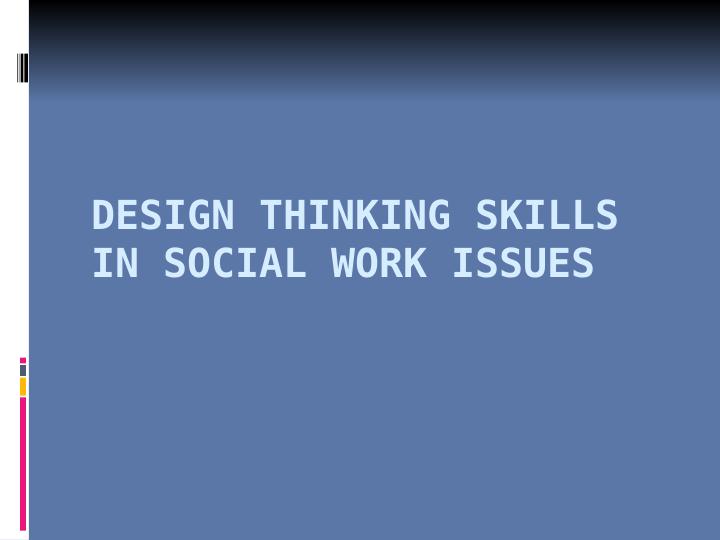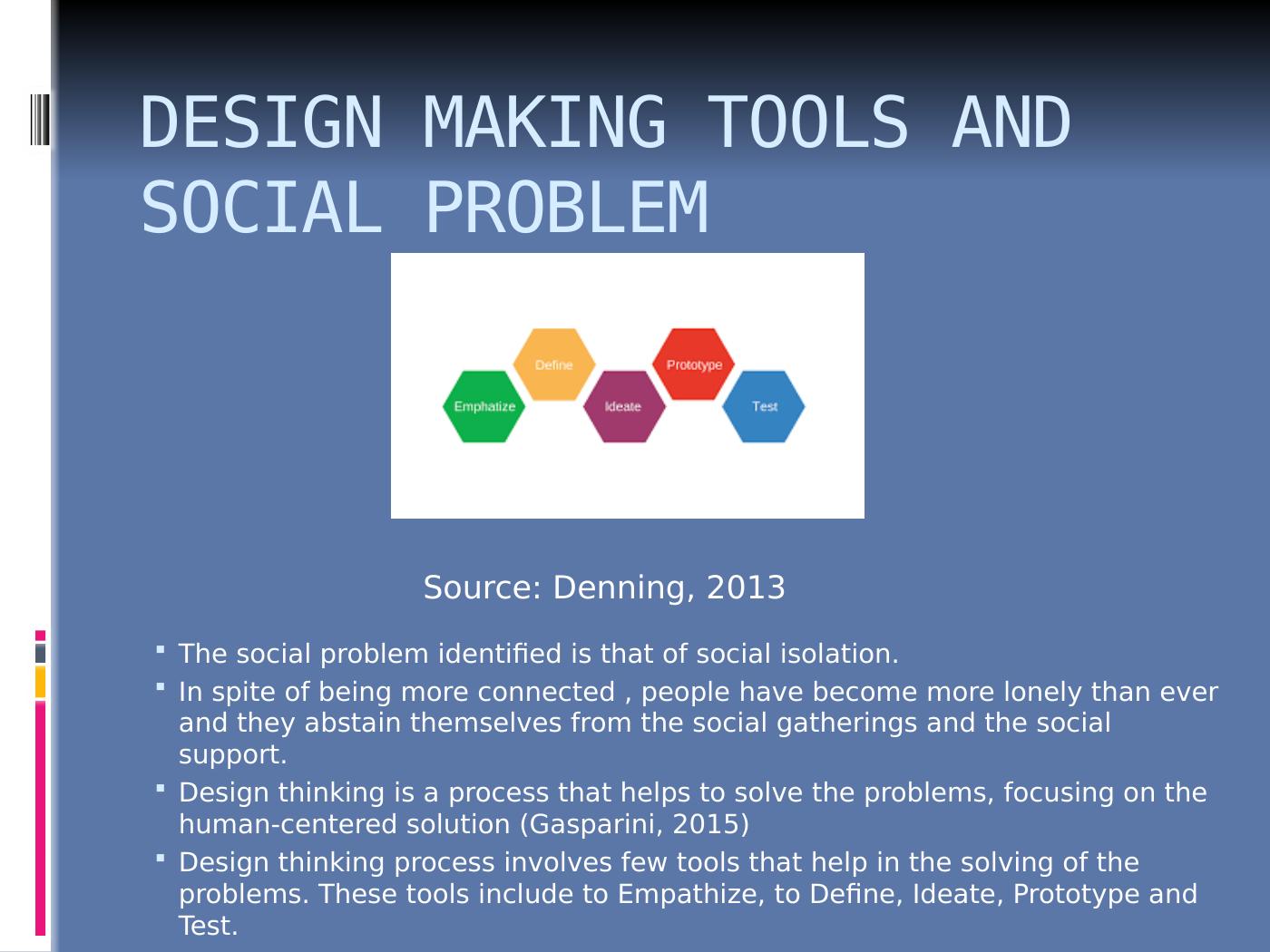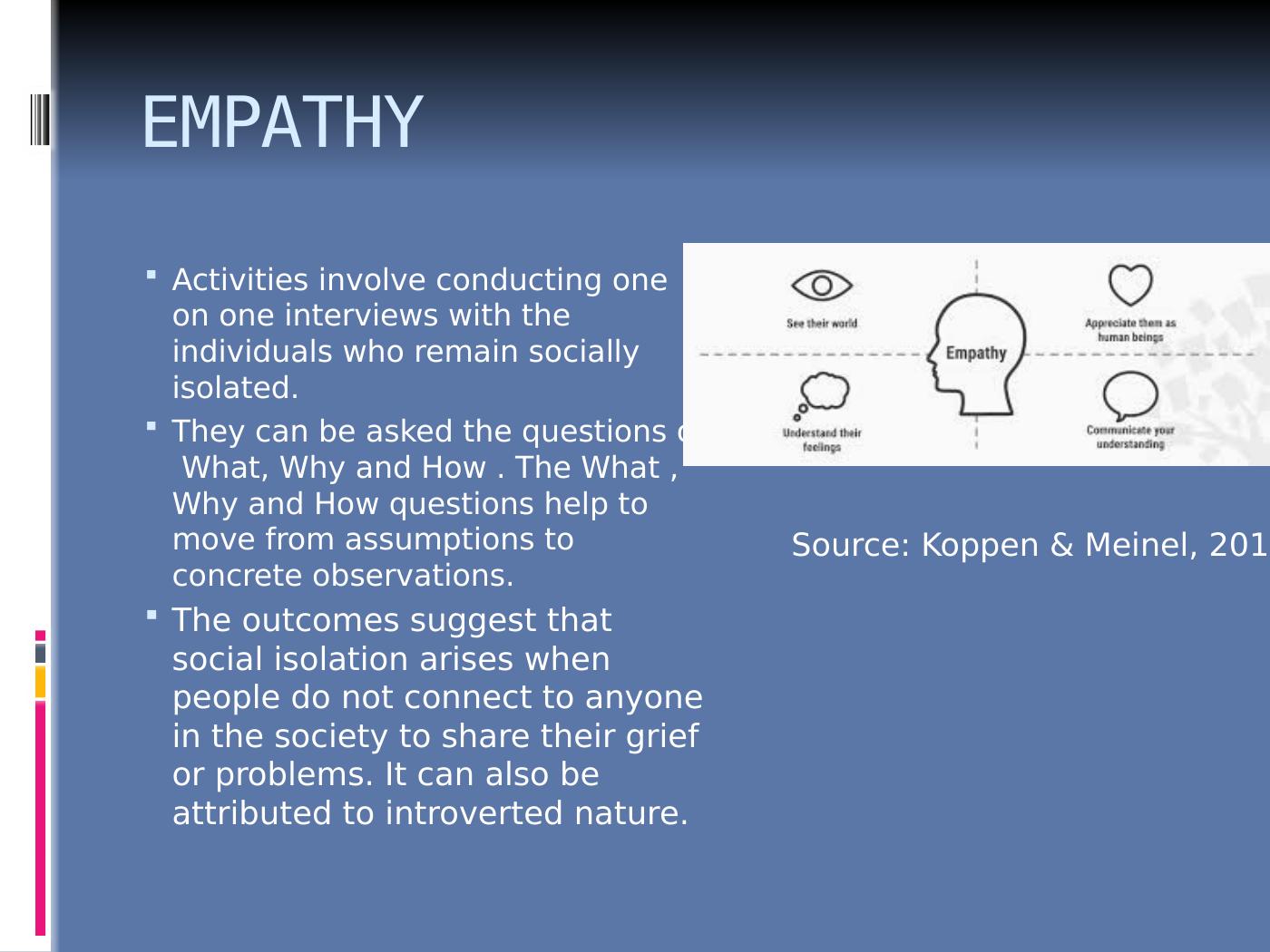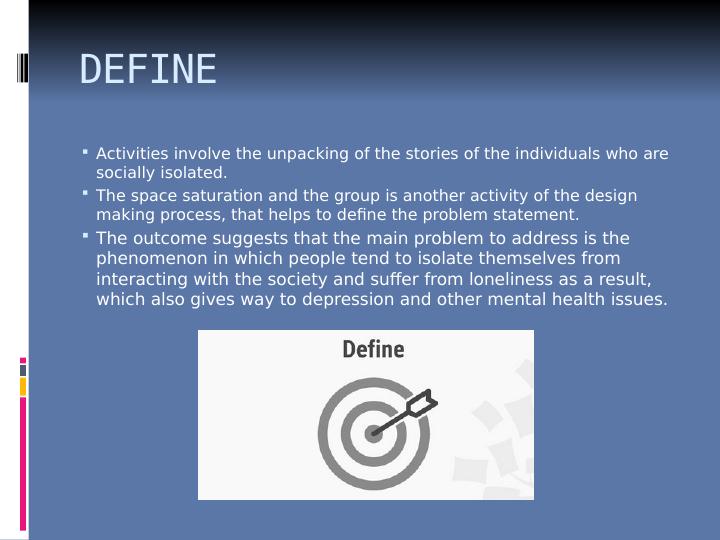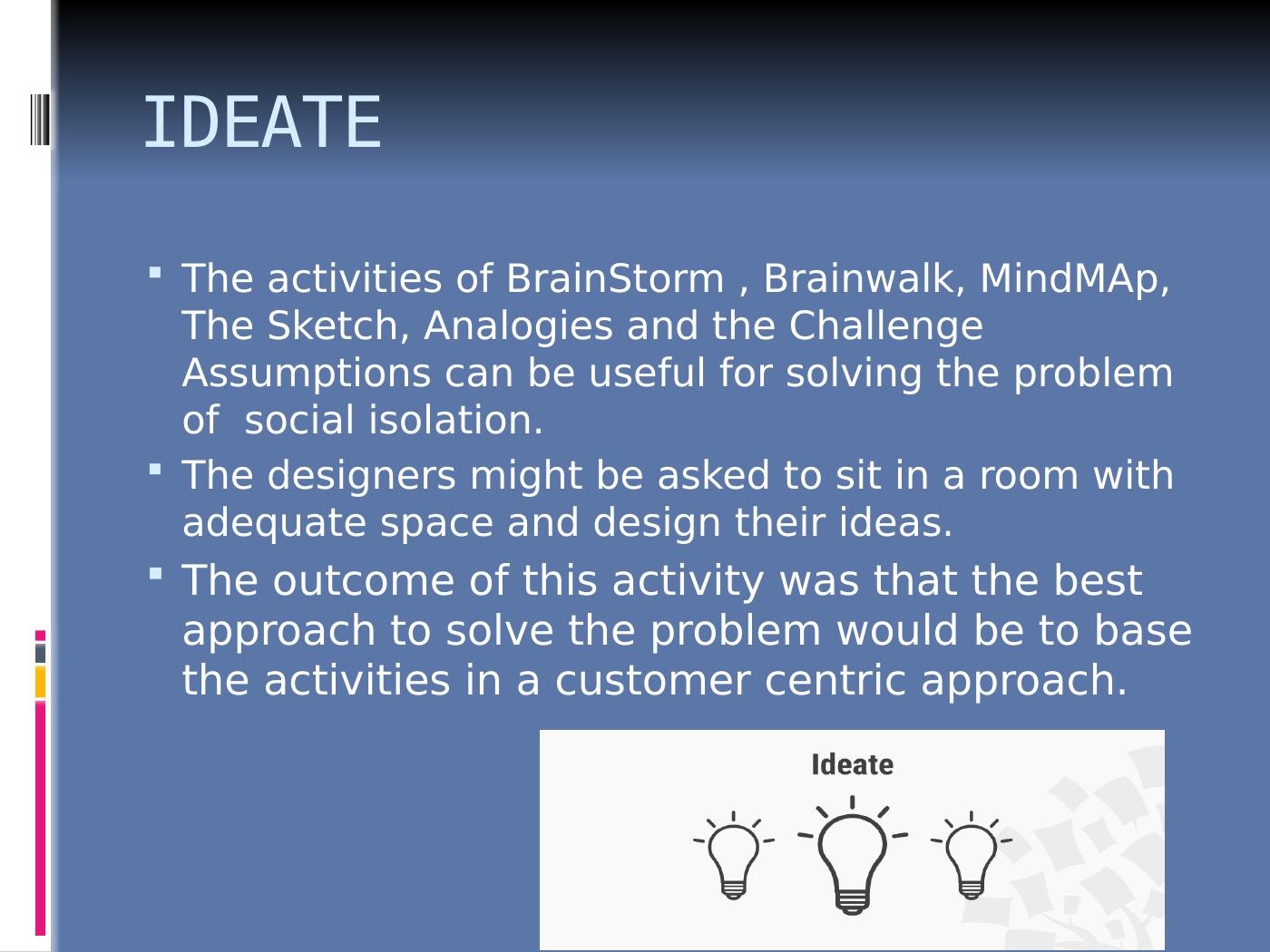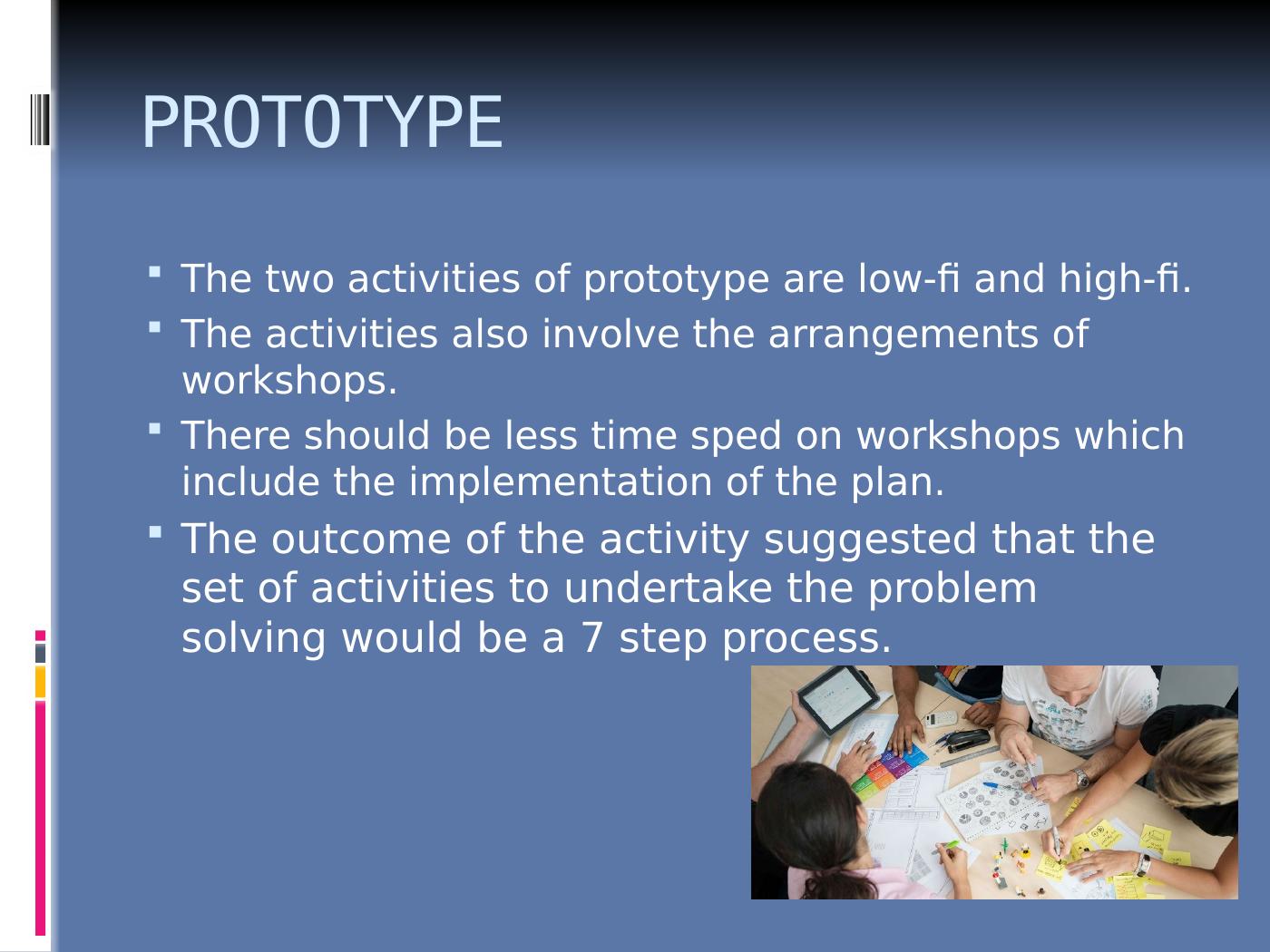Design Thinking Skills in Social Work Issues
The assignment requires a group presentation and report on the use of Design Thinking tools/techniques, progress in the Design Thinking process, and critical evaluation of the experience. The presentation and report should demonstrate research using academic sources and adhere to APA referencing style.
22 Pages1637 Words70 Views
Added on 2022-11-16
About This Document
This presentation discusses the use of design thinking skills to solve social problems like social isolation. It explains the design thinking process and the tools involved in it, such as empathy, ideation, prototyping, and testing. The presentation also provides insights into the activities involved in each stage of the process and their outcomes.
Design Thinking Skills in Social Work Issues
The assignment requires a group presentation and report on the use of Design Thinking tools/techniques, progress in the Design Thinking process, and critical evaluation of the experience. The presentation and report should demonstrate research using academic sources and adhere to APA referencing style.
Added on 2022-11-16
ShareRelated Documents
End of preview
Want to access all the pages? Upload your documents or become a member.
DESIGN THINKING SKILLS IN SOCIAL WORK ISSUES.
|12
|2734
|39
Strategy innovation and change Assignment PDF
|5
|876
|73
Reflective Report on Design Thinking Workshop
|13
|3235
|181
Reflective Report on Design Thinking Workshop Module
|11
|3498
|201
Reflective Blogs on Weekly Learning - Design Thinking Week 1-11
|5
|1255
|372
Design Thinking Education Infographic: Stages, Challenges, and Benefits
|1
|496
|118

